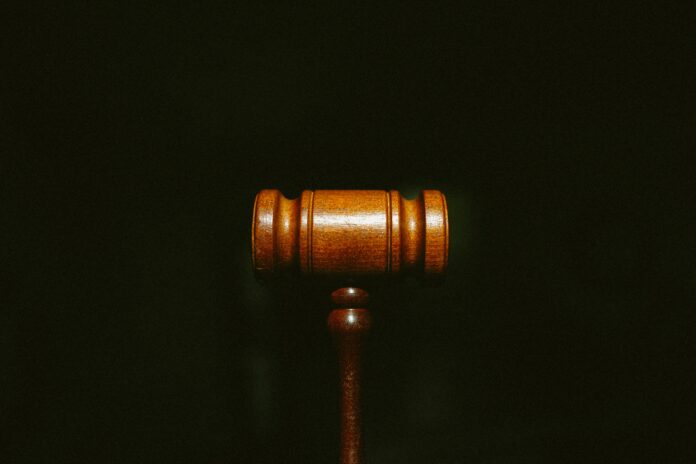In Milwaukee County, wrongful death cases have become a harsh reality for many families, with 111 motor vehicle accident deaths reported in 2022. Fatal accidents often occur on state highways, where high speeds and the presence of commercial trucks create dangerous conditions. Alarmingly, Wisconsin saw a 50% increase in pedestrian deaths from 2021 to 2022, largely attributed to distracted driving, often involving cell phone use.
Wrongful death cases aren’t limited to roadways. Nationally, nearly 100,000 deaths annually are linked to medical malpractice, and workplace incidents like falls and exposure to harmful substances cause hundreds of fatalities each year. When facing such a loss, families often have to navigate the legal complexities of a wrongful death lawsuit.
Working with Milwaukee Wrongful Death Attorneys can provide clarity and guidance. From gathering evidence to proving liability and calculating damages, they can help families seek justice and compensation during a difficult time.
Exploring the Concept of Wrongful Death
When someone passes away because of someone else’s negligence or deliberate actions, it is considered a wrongful death situation. These legal actions allow the family left behind to claim compensation for the damages they have faced, such as funeral costs, lost income, and emotional pain. However, the rules concerning these cases differ greatly depending on your location.
Qualification for Submission
In wrongful death cases, the closest family members, like spouses and children, are usually the ones who can file a lawsuit. Sometimes, parents may also fall under this category. Extended family members or those who are financially dependent are also eligible to do so. Legal professionals are there to assist and advise on who is eligible to pursue wrongful death claims.
Collecting Proof
Putting together an argument involves gathering evidence, such as medical records and witness statements, to support your claim effectively. Collect data like police reports and expert opinions to add weight to your case. Having a well-documented and organized set of evidence is key in proving any lapses in responsibility or wrongdoing by the other party.
Selecting a Lawyer
When pursuing a wrongful death case in court, it’s crucial to choose a lawyer with ample experience. These legal professionals possess specialized knowledge and insight that can greatly improve the likelihood of a fair resolution. They can help navigate legal processes, negotiate agreements, and advocate for clients in a courtroom setting when needed.
Submitting the Claim
When you have decided to move forward with legal action, taking the necessary steps and filing a claim are crucial to ensure the matter proceeds properly in court. This typically involves submitting a complaint to the court, which outlines the legal grounds for initiating the lawsuit. The complaint will specify the allegations against the defendant and detail the type of compensation being sought. It is highly advisable to consult with a lawyer to help prepare and present the document in accordance with legal standards, ensuring that it complies with all applicable requirements.
Pre-trial Processes
After submitting the claim, the pre-trial phase begins, with various steps involved, such as discovery and mediation. Settlement talks occur between the parties involved to exchange information and collect more evidence for the case at hand. The dispute can be resolved during mediation sessions without going to a trial. However, the matter will eventually be taken to court if agreements cannot be reached.
Getting Ready for Court Hearing
Preparations are crucial when a trial is scheduled in courtrooms or similar settings. Lawyers put in a lot of effort and dedication to build a case, presenting evidence and arguments that back up the claim. Testifying witnesses could be called upon, and expert viewpoints might hold weight in the proceedings. Getting clients ready for their court appearances and ensuring they grasp the trial process’s ins and outs is also essential.
Coming to a Decision
The trial concludes with a decision regarding the defendant’s guilt and the amount of compensation to be awarded to the parties involved. If the plaintiff wins the case, they are granted compensation for financial losses, such as expenses and lost wages, as well as non-financial damages, including emotional distress and the impact of losing a loved one. However, not all trials result in a favorable outcome for the plaintiff, emphasizing the importance of having a competent legal team and a well-prepared argument.
Final Thoughts
Initiating legal action for wrongful death involves facing various obstacles. However, comprehending the procedure can offer valuable insights and guidance to individuals involved in the case. Awareness of the anticipated steps and requirements in such cases allows individuals to maneuver through the processes with more understanding and efficiency. The pursuit of justice for a family member transforms into a quest to find peace of mind and hold those at fault accountable.





























